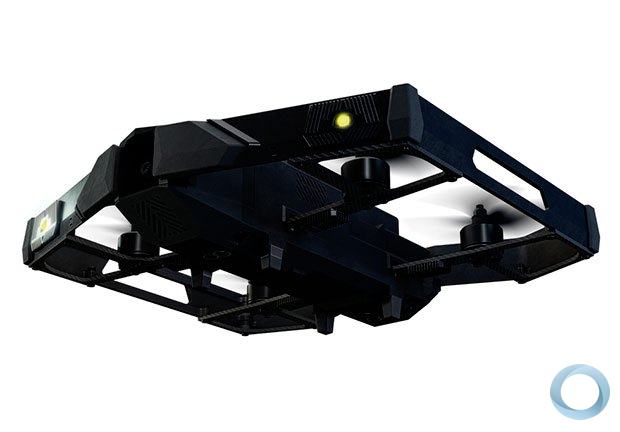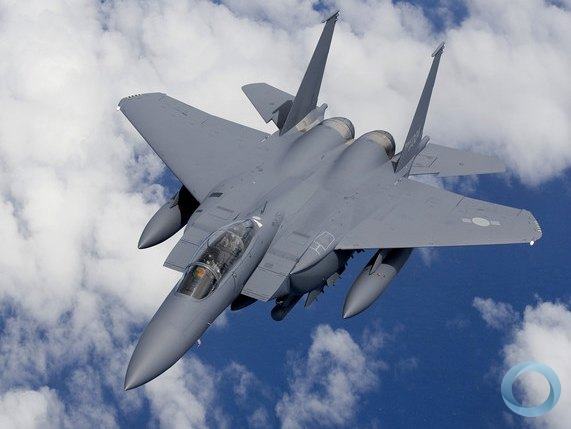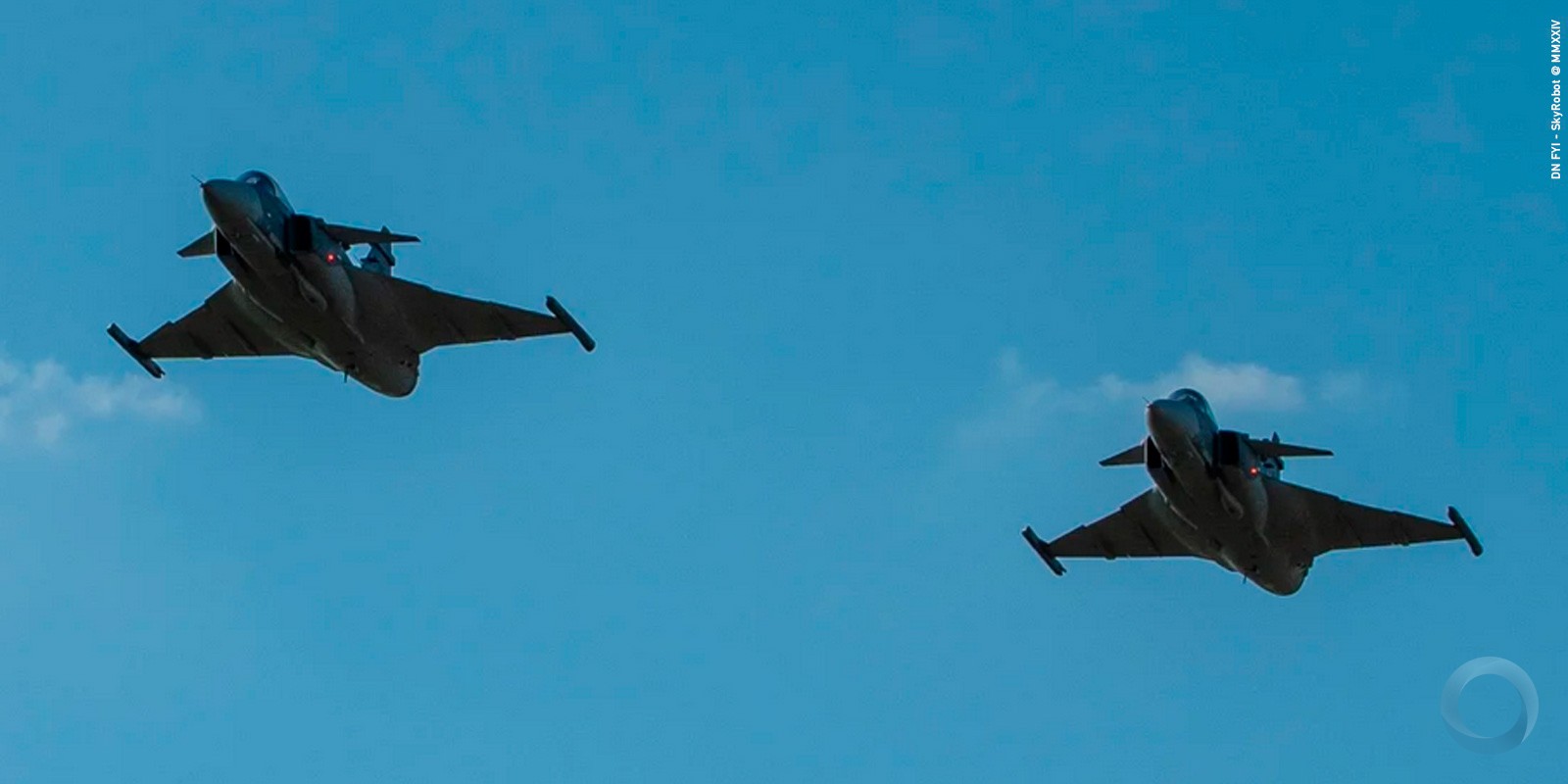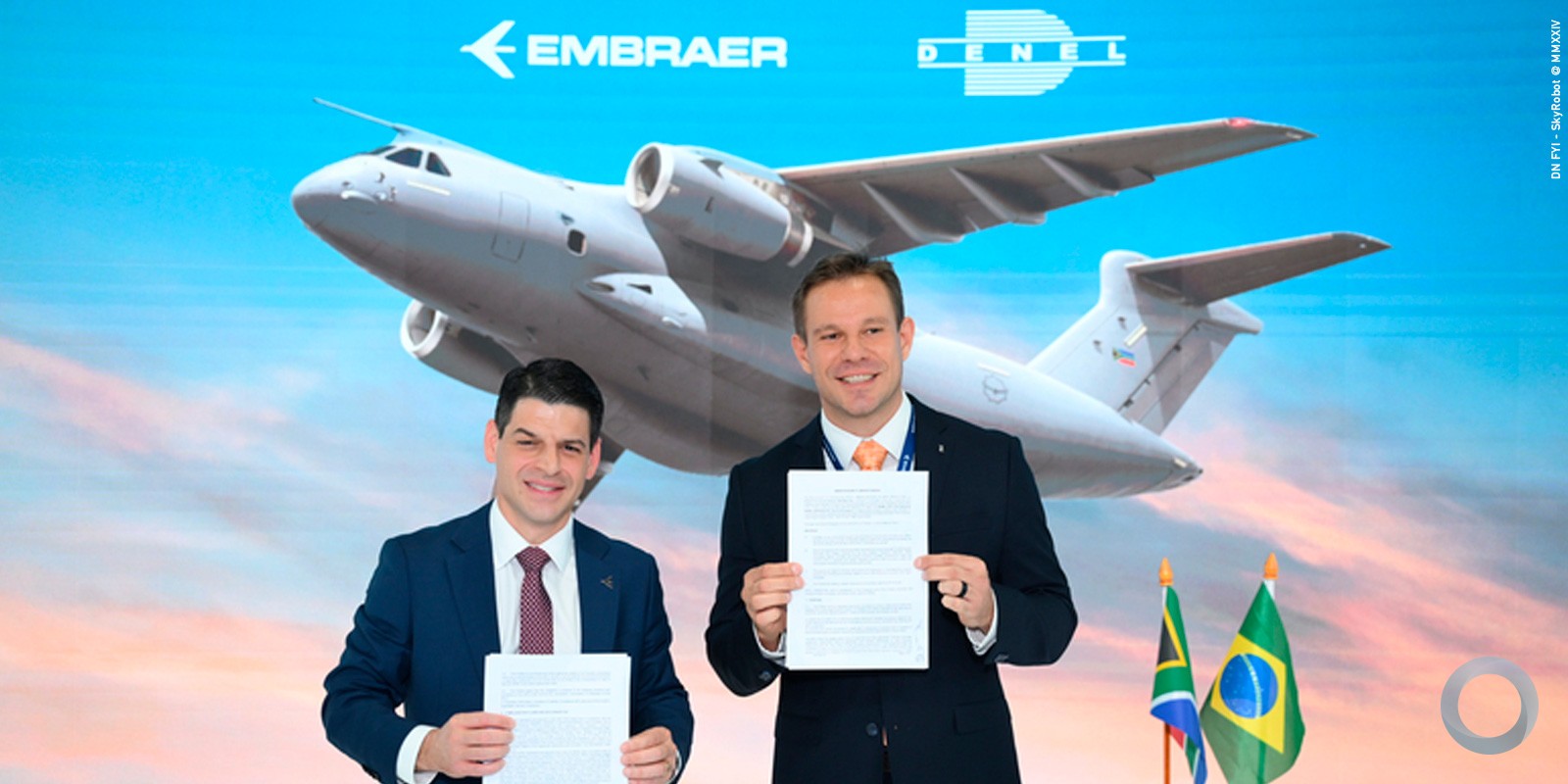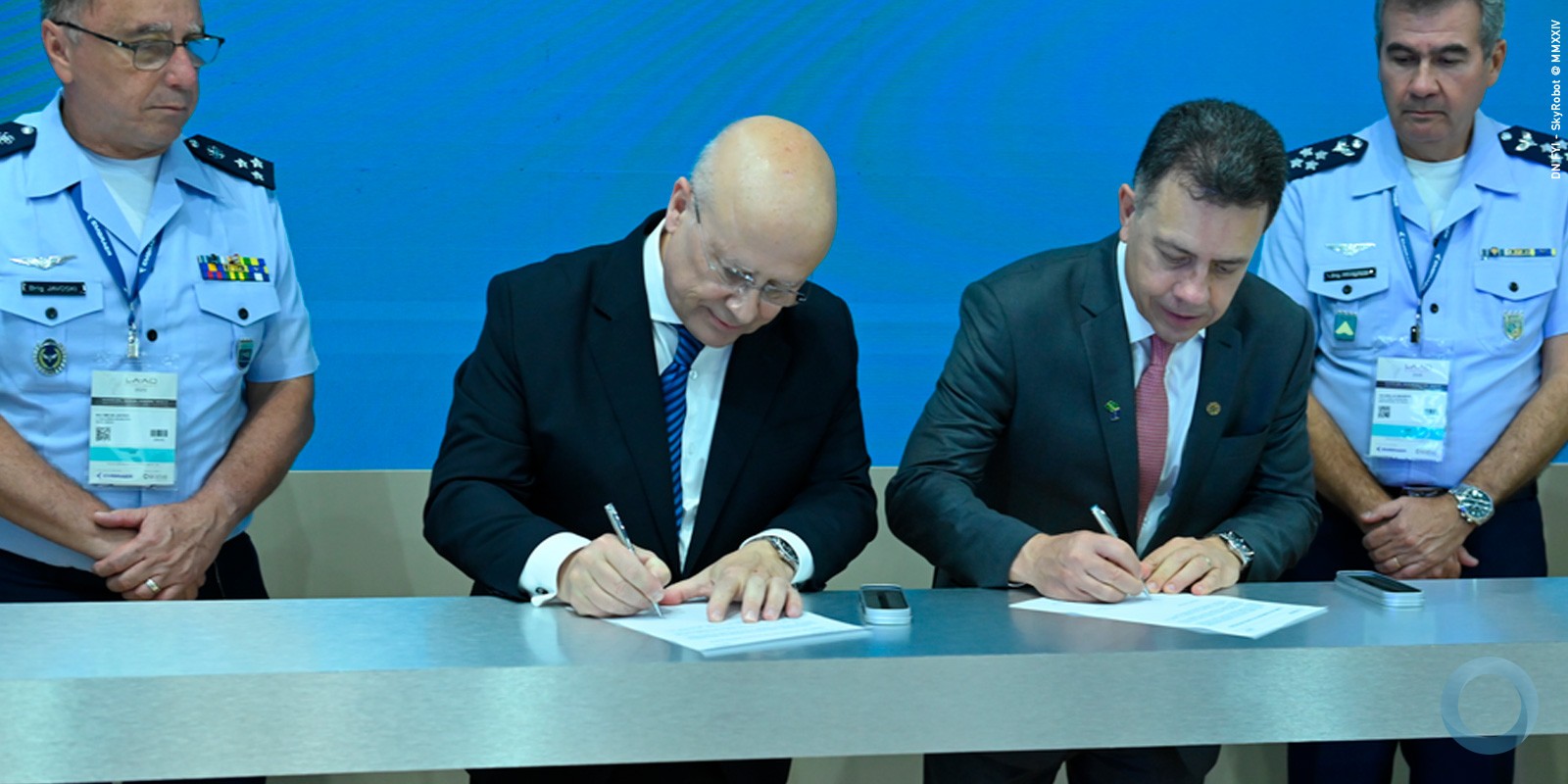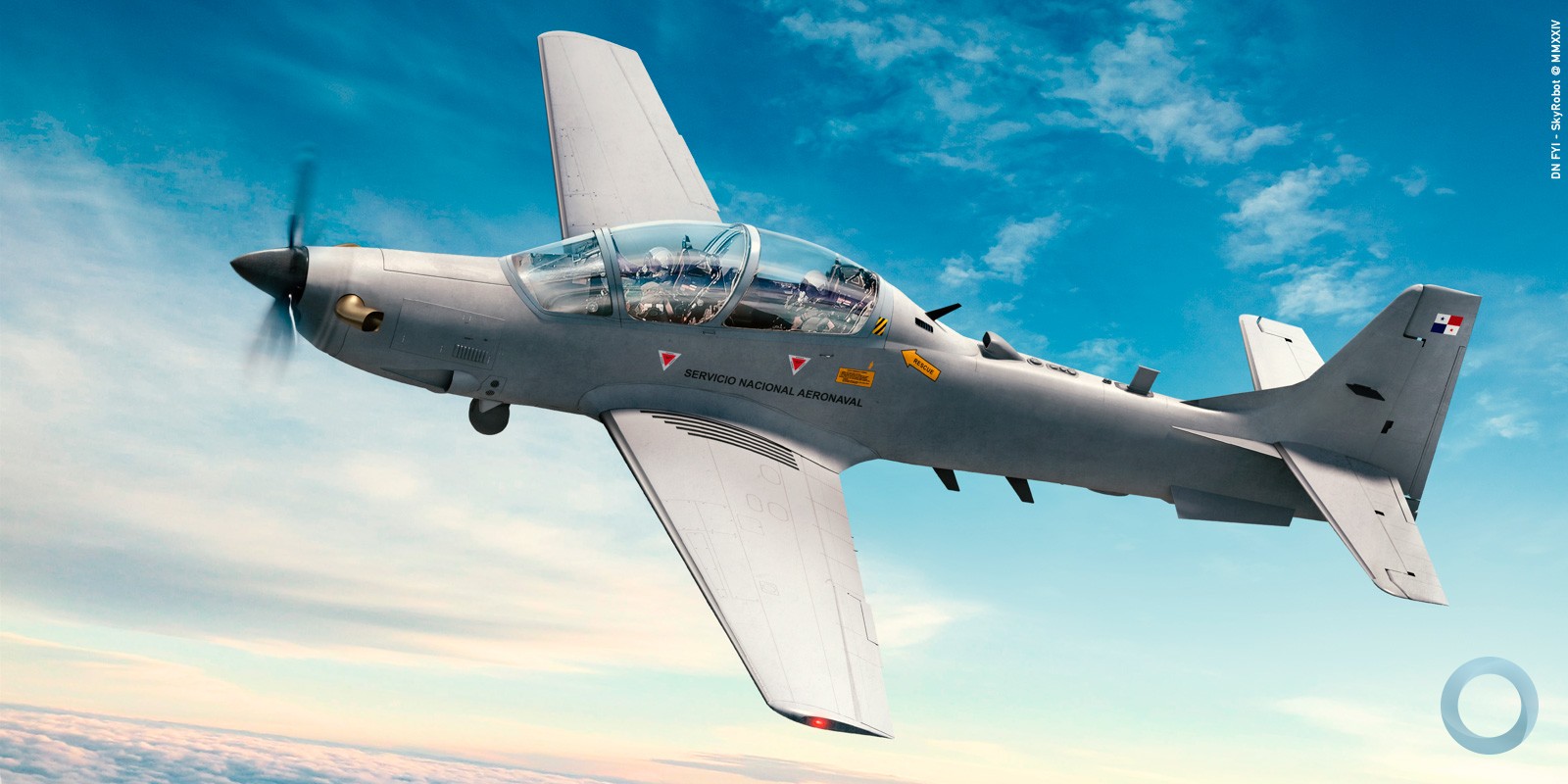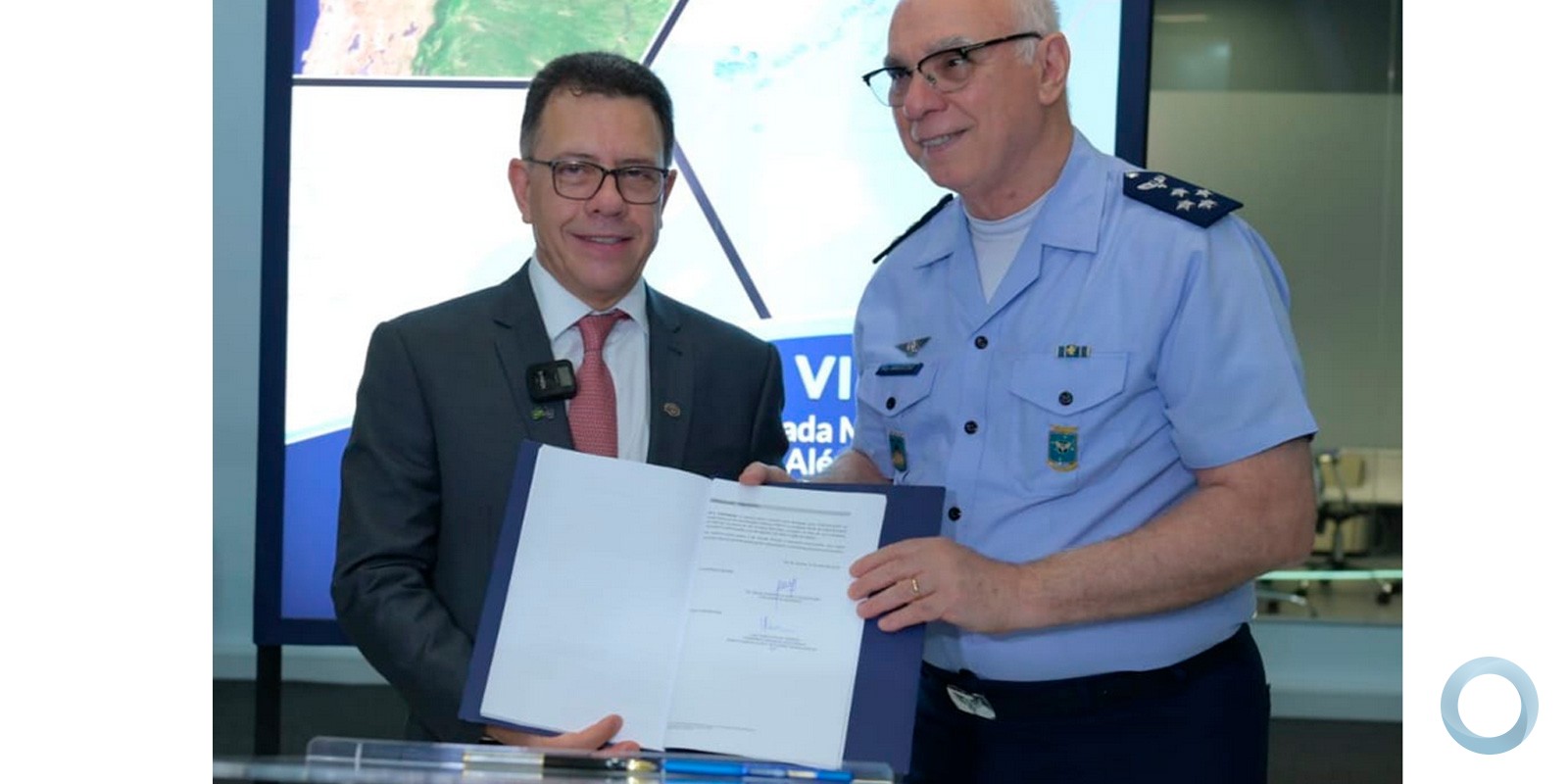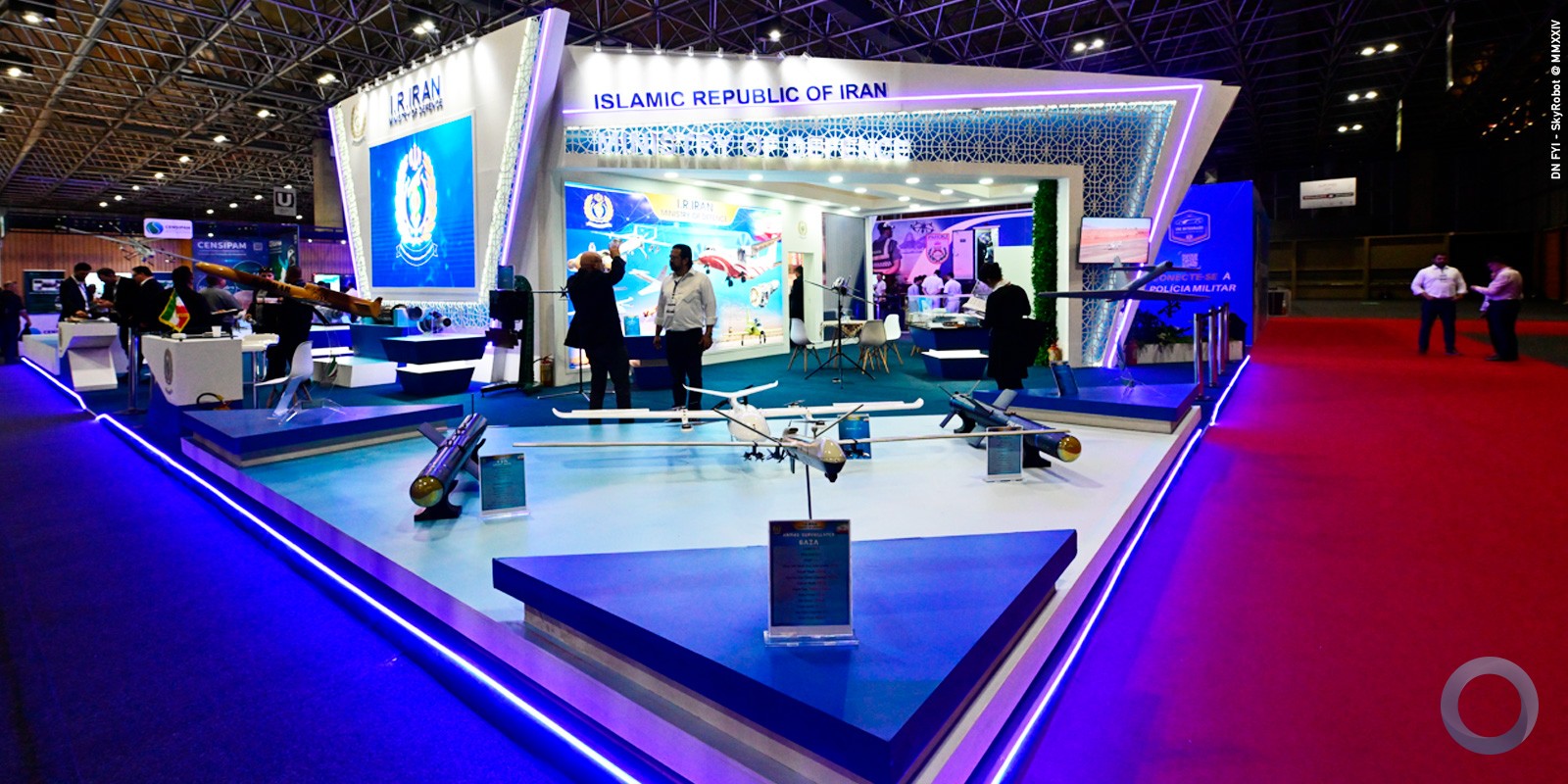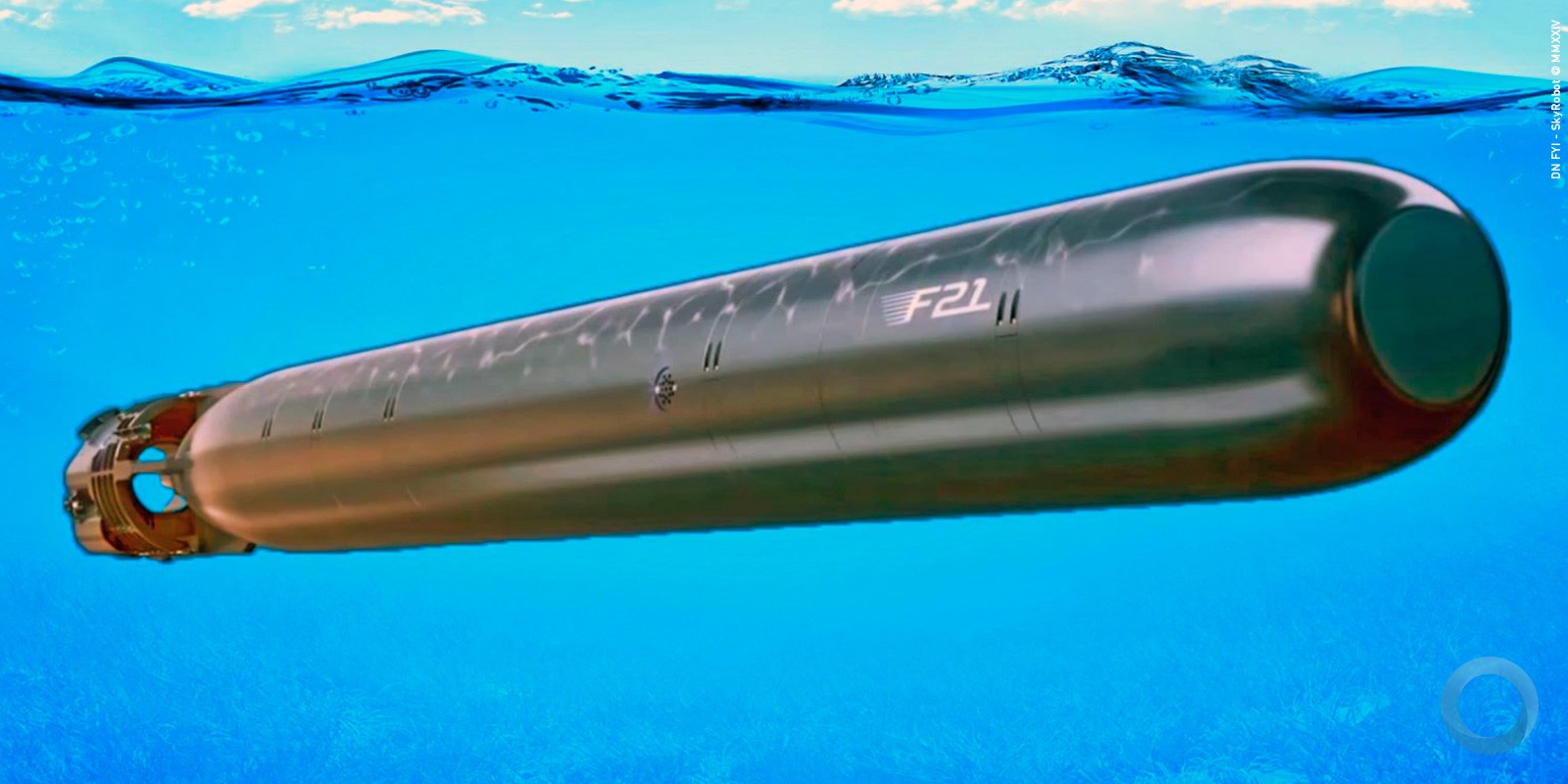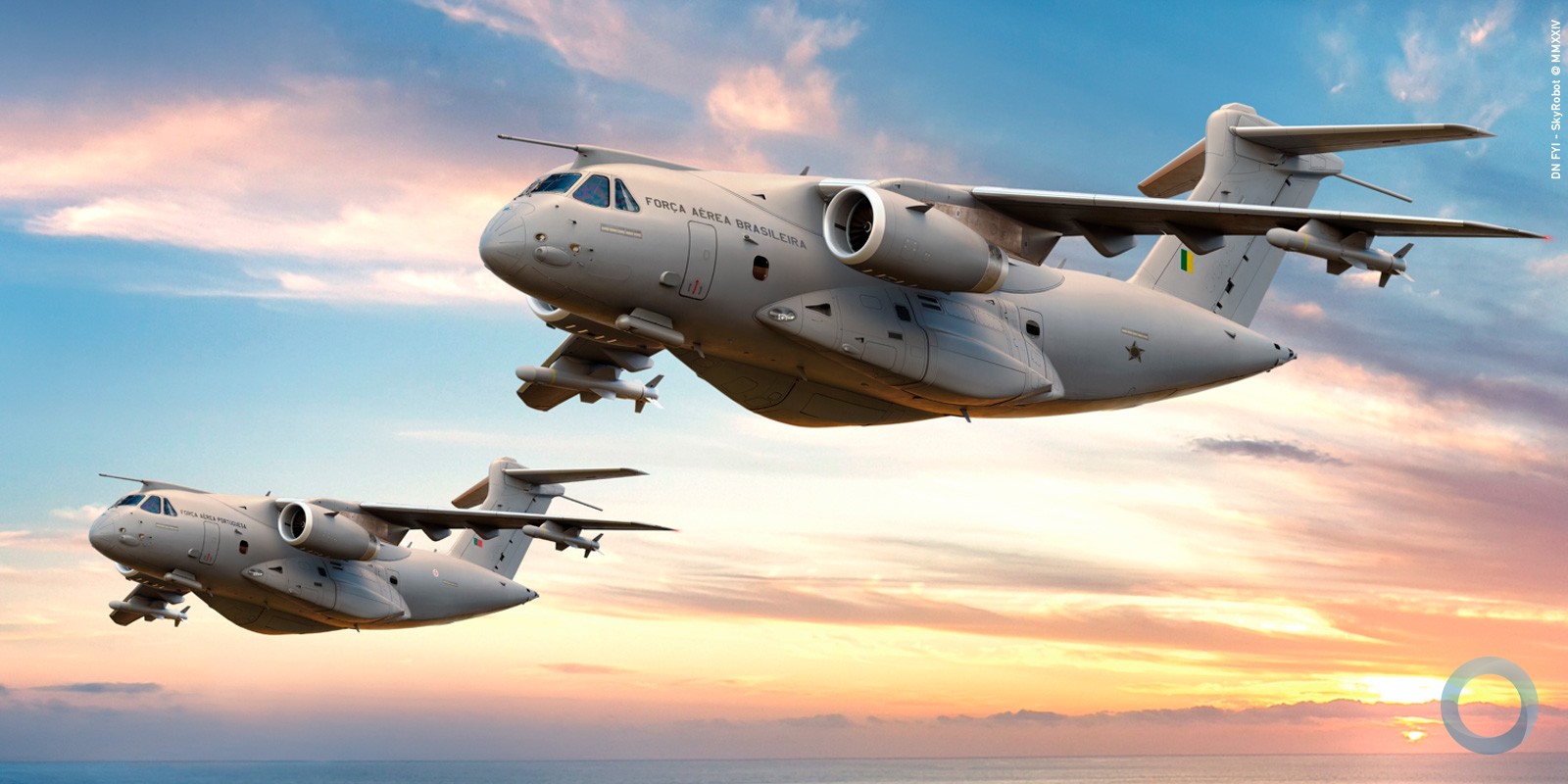From 20 July through 29 August 2015, the Keflavik airport in Iceland will be the station for a Czech Armed Forces Airborne Surveillance and Interception to meet Capabilities Iceland’s Peacetime Preparedness (ASICIPPN) Task Force. During that time frame, under a NATO arrangement, Czech JAS-39 Gripen fighters are going to provide air surveillance coverage for the Nordic Ally that does not have own military forces.
The deployment of an advance team and the main force is scheduled for 20 and 24 July, respectively. The five JAS-39 Gripen fighters that are at the centre of the deployment are planned to take off from 21st Tactical Air Force Base at ?áslav, Czech Republic, on 22 July 2015. During their flight to Iceland they will be accompanied by an Italian Air Force KC-767 tanker which will perform air-to-air.
Initial certification flights are planned on 27 and 28 July under control of NATO’s Combined Air Operations Centre (CAOC) Uedem, Germany. On 29 July, the first batch of Gripen is slated to take up Quick Reaction Alert duties within the NATO Integrated Air and Missile Defence System (NATINAMDS). Since accessing to NATO in 1999, the Czech Air Force have been part of NATINAMDS. For the time of the deployment, the Czech Air Force will execute a twofold Quick Reaction Alert (Intercept) mission – one at home and one in Iceland.
The Czech Air Force will conduct this operational NATO mission through 25 August 2015. On the very next day, the aircraft are to return to their home station in ?áslav and will again be accompanied by the Italian tanker. The remaining staff of the Czech Armed Forces ASICIPPN Task Force are scheduled to redeploy on 29 August 2015.
The Government of the Czech Republic endorsed the deployment of four JAS-39 Gripen aircraft (the fifth jet deploys as a reserve) and 70 service personnel in response to a short-notice request by NATO. It is the Czech Air Force’s contribution to Allied collective defence.
This is the fourth deployment of Czech Air Force JAS-39 Gripen fighters to defend NATO nations’ airspace. In 2009 and 2012, Czech Gripens provided Air Policing over the Baltic States, and in 2014 they operated over Iceland for the first time. All the experience the Czech Armed Forces and its staff gathered during these deployments and other international exercises have enabled them to respond flexibly to the request raised by NATO. For many of the Czech ASIC IPPN Task Force this will be the second deployment to Iceland and they can build on their know-how from last year.
The periodic deployment is designed to help keep Icelandic airspace safe and secure. Given its unique geographical location, Allies, in conjunction with the Icelandic authorities, have agreed that the appropriate response is to maintain a periodic presence of NATO fighter aircraft based at Keflavik. The "peacetime preparedness” mission usually involves a deployment (typically of around three-four weeks, three times a year) of fighter aircraft from Allied nations.
These aircraft are used to conduct air defence flying training missions, and also to provide the necessary degree of training of NATO and Icelandic support personnel to make sure that the Alliance could conduct a full-scale peacetime air policing mission at the shortest possible notice if required by real world events.












